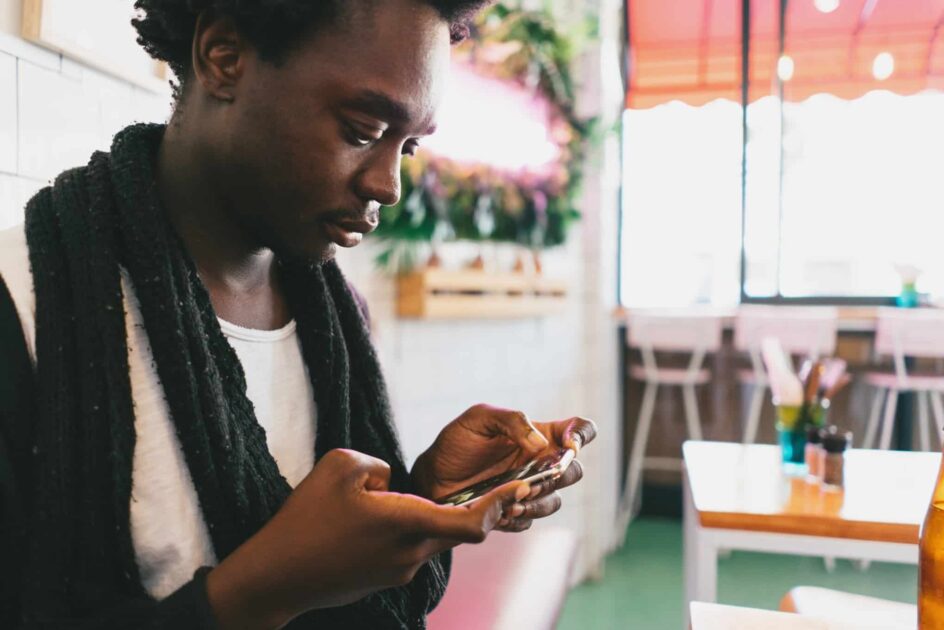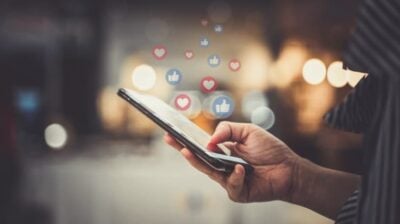Why I decided to delete my social media
Patrick talks about what led him to delete his social media, and why others should do the same.

Long before the “Social Dilemma” documentary was released on Netflix, I had questioned my interactions with social media. I was dependent on my social media, like a new-born child depends on their parents for love and nurture. It sounds incredibly alarming when put it like so, but that was the enormity of the problem.
Looking at how I use social media
After some deep reflection and ample amounts of denial, I finally decided to say I had a problem with my social media use. I was engaging in this particular activity every day and unfortunately in my opinion it was remarkably unhealthy. The problem is, from a young age many Generation Z-er’s and Millennials were being drip fed technology and social media, whether it was making your first Bebo account or adding a friend from school on Facebook.
After some time, I came across Jaron Lanier (who happens to be in the ‘Social Dilemma’) and viewed some videos of his where he voices his concerns about social media. It struck a chord with me. His message was simple and basically stated that social media is beginning to help create a dystopian society. This coupled with problems I encountered on various social media applications ultimately led me to my decision – deleting social media.
Deleting my social media accounts
I deleted Twitter around this time last year and ever since I have not looked back. I found this platform to be incredibly negative. It was a vicious cycle. Partner calls out partner for cheating in relationship, trolling, football updates, more relationship drama ending up on my feed from halfway across the world, transfer rumours, and foolish and irresponsible tweets from the President of the United States, Donald Trump. I had enough. I could get my football fix somewhere else. For me, I was suffering from an information overload. A lot of this information was meaningless and unimportant but when looking at it together in one sitting, it was too much for my brain to handle.
I believed that ingesting vast amounts of the ‘right’ information was making me more knowledgeable about current affairs. However, experts in the field tell a different story. For example, Daniel Levitin, a cognitive psychologist, and the author of the bestseller “The Organized Mind,” said, “The modern brain has not evolved to keep up.” “That’s why we feel so exhausted all the time.” Exhausted is perhaps an understatement.
Facebook does not have the greatest of reputations. Cambridge Analytica and its impact on the 2016 US Presidential Election or the spreading off fake news which provoked a genocide in Myanmar to name but a few. My breaking point with Facebook was during the lockdown. Going back the years into my youth Facebook was really my first social media account and the first of my peers. However, Generation Z-er’s and Millennials have since grown out of Facebook.
As the pandemic progressed Facebook became a place where everyone was free to express their ideas and thoughts on the pandemic. From absurd conspiracy theories to pages organising anti-government protests, it was chaos. The ever-increasing amount of fake news and information on the site aggravated me. Coupled with the fact Facebook was my main social media as a teenager, it meant lots of posts of myself that may not be the most beneficial to my job prospects. One example being a semi-naked ice bucket challenge as a naive 17-year-old. It was time for deactivation.
Instagram, in my opinion, is the most addictive social media platform. Maybe, the most dangerous. Unlike Twitter and Facebook, I have not deleted my account, but simply deleted the application from my phone over a month ago. Is this a sign of how addictive it is? That I know sometime in the future I will return to Instagram. Once again, the lockdown played its part in how I started to view Instagram differently. I believe the biggest problem with Instagram is how it makes us believe that what people post are the standards our lives must be. Instagram causes us to set unrealistic goals in every department of life.
University of Pennsylvania researcher Melissa Hunt demonstrated this effect in her 2018 research on social media, depression and loneliness. She wrote, when viewing someone else’s curated life online, it’s easy to see their perfect pictures and think their lives are better than yours.” For example, when you see someone from your hometown becoming an international star it can be difficult to not feel somewhat inadequate and perhaps develop notions that you yourself could pursue a similar career. Absolute notions. Instagram is a notion facilitator. However, since deleting the Instagram app and avoiding using it, I’ve become content with my boring, repetitive pandemic life.
Make a break from your social media
If you do go ahead and do this, the first few weeks will be difficult. I recently checked my usage statistics on my phone for the last seven days. My phone took up 21% of my time, and this was without the aforementioned apps. Therefore, planning ahead what to do with your time is essential. They can be easily accessible tasks like, learning a new language on Duolingo, beginning a free online course, reading a book, or trying to master the art of playing a musical instrument. Why not make a change and break away from the norm of social media? It could be the most refreshing the decision you ever make.






